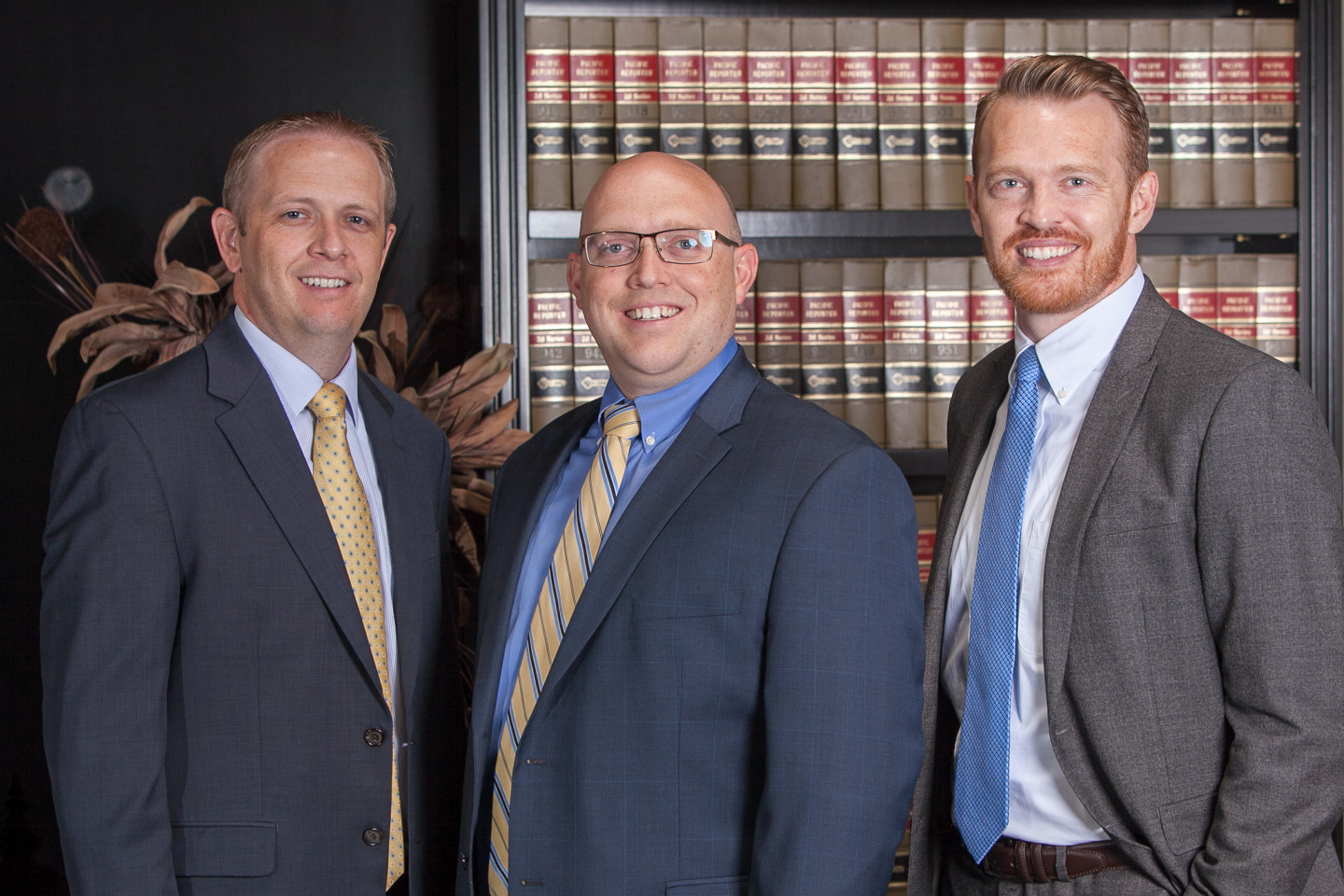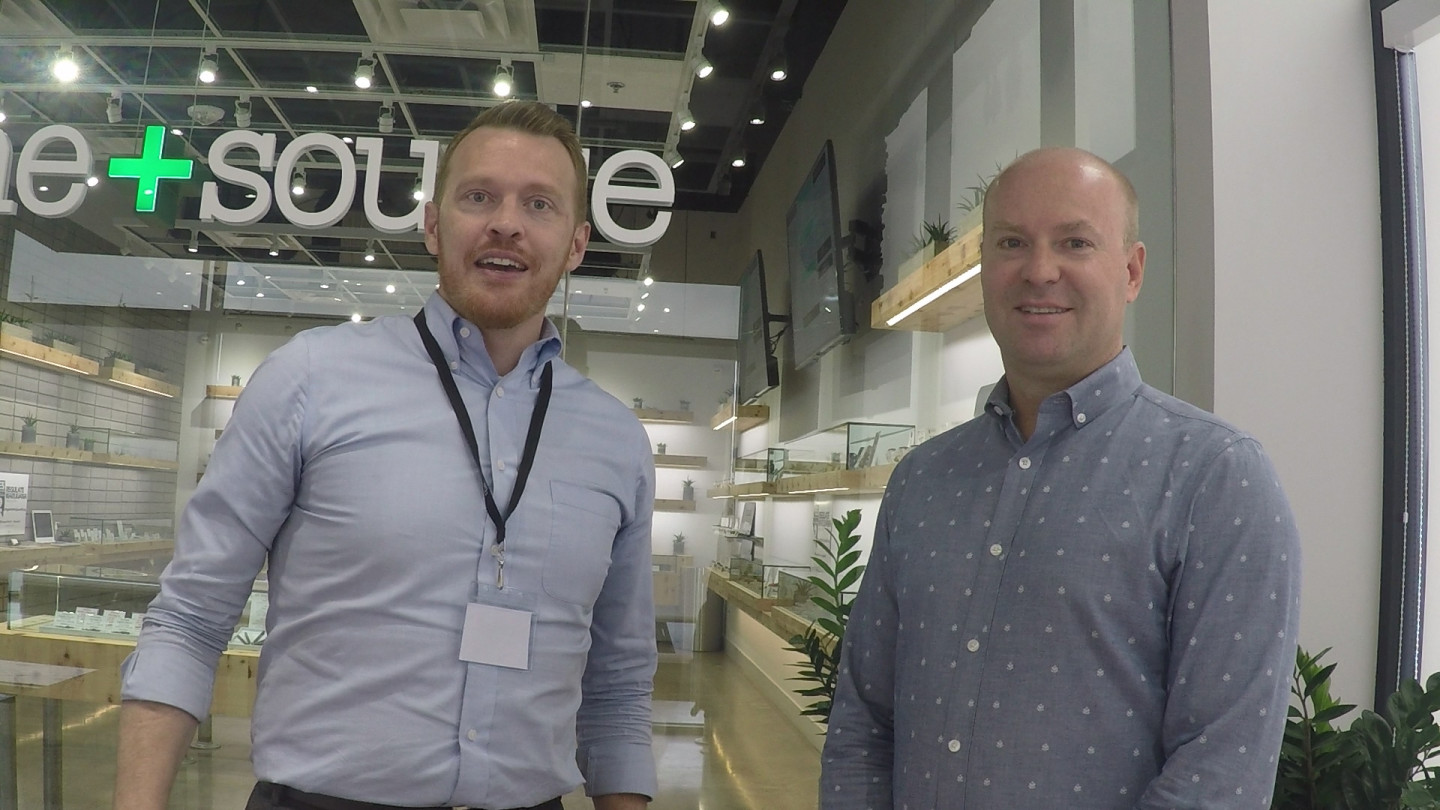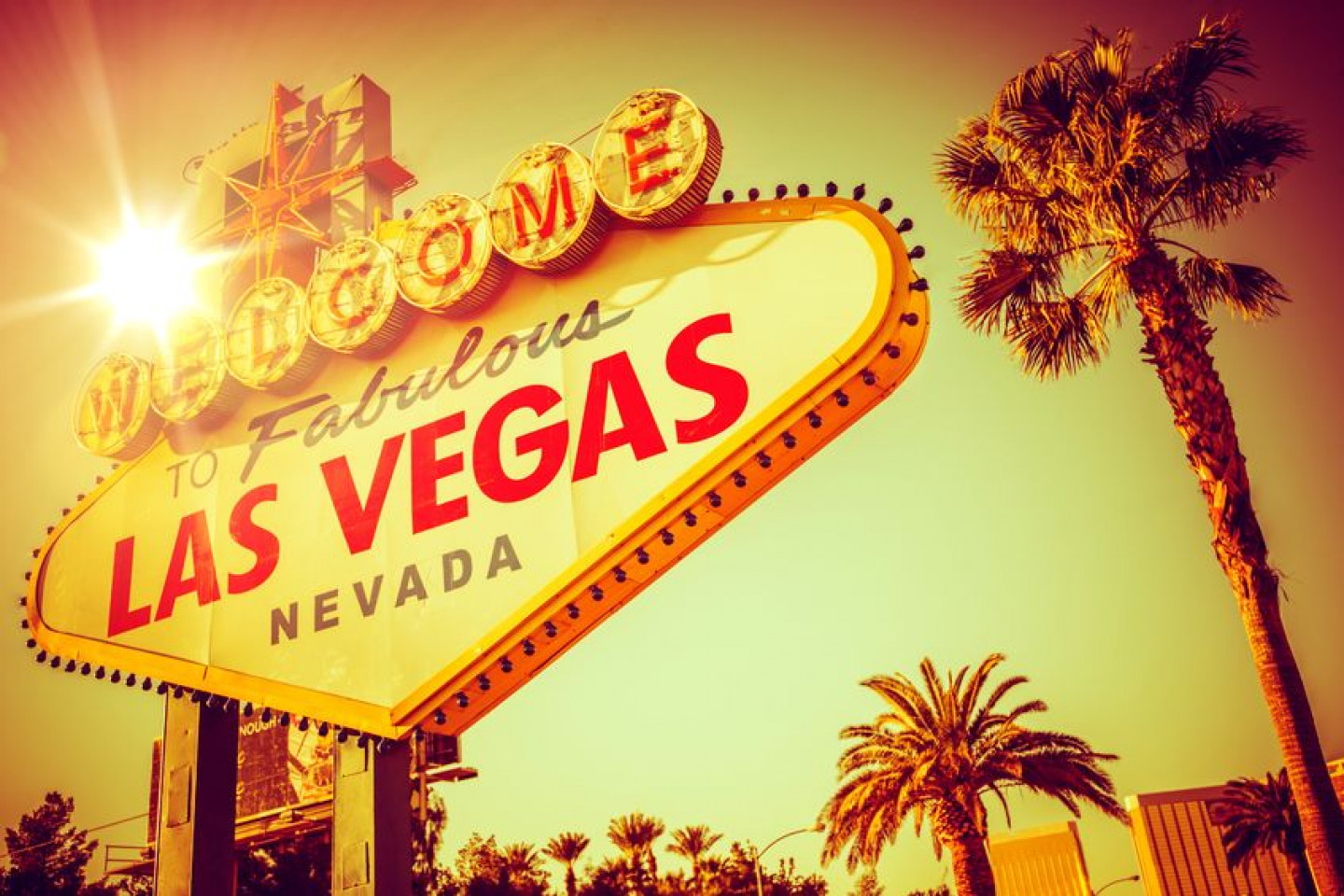Clear Counsel Law Group is pleased to feature this blog post by our friend Margaretha Breytenbach who has helped many of our clients make responsible real estate decisions.
The Great Recession of 2008 became known as the 2008 financial crisis and it made way for the most widespread disruption to the US economy ever since the Great Depression is the 30’s. It started in 2007 when the US real estate market began falling apart and delinquencies of mortgages increased. By September and October of 2008, it created a nationwide financial disaster. The US government provided extraordinary assistance to financial institutions by flooding the market with money, adding liquidity and increasing government spending.
When the leverage credit market seized up, and the US mortgage giants Fannie Mae and Freddie Mac went flop during the summer, the government was distressed since these two are highly important in the US real estate market. Since the failure of those two institutions could cause the fall of the entire financial system, the US treasury injected $200Billion of funds as new capital in the form of stocks.
Jobs and Tourism
Las Vegas, being one of the most sought after tourist destinations in the US, became the epicenter of foreclosures. When there are only few people left spending their earnings in a casinos, hotels and bars, incomes get depleted, and mortgages go unpaid. The unemployment rate rose when business tried their best not to go underwater by cutting manpower. Many are yet to recover from it.
Many construction projects were put on hold when US citizens felt Vegas party trips were no longer a responsible use of income. Major constructions went bankrupt and halted their completion like the Summerlin shops and Cosmopolitan. Everyone in our tourism-driven community felt the pinch.
Why now is a Good Time to Invest in a Home?
Everyone almost gave up when we went so near rock bottom. Even the middle class has bankruptcy declarations; about 13,068 (individual and business) foreclosures were from the Clark County. It increased by 2010 to 25,000 but eventually recovered in the first quarters of 2015 to 4,566.
The market was slow in picking up the pieces left by this upheaval in the US housing bubble. However, the latest findings show that where it struck hardest, the recovery will also rise fastest. Las Vegas had made the largest jump in the number of renters to owners ratio from 39.5% (2006) to 49.4% (2014).
Home values are now recovering at a fast pace; more so due to the fact those tourists are again pouring back to the Strip. Businesses are booming. All temporized construction and plans are resumed. Las Vegas is reinvented and reinvigorated.
Born and Raised in South Africa, Margaretha has moved in the USA since 2004 after extensive travel through Europe. Well versed in the international market, she was also able to cater her Real Estate services to those from Canada, China and Europe. Whether you are looking to buy, sell, invest as a first time home buyer or a seasoned investor; it would be Margaretha’s honor to apply her strong negotiating skills to your transaction. She is motivated to build a strong business relationship with all her clients and can show you why she is the right person to market your home.“Top 100 Women in Real Estate in 2017” by MYVEGAS Magazine, Top 10 Real Estate Agents on Social Media by Property Sparks and currently the #1 Real Estate agent for 2018 with Urban Nest Realty.
Contact information:
Mobile: 702-813-1770



















